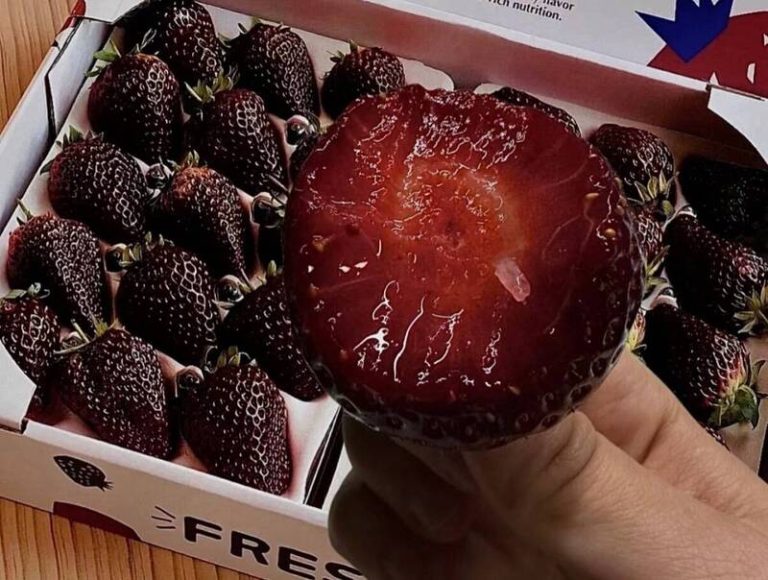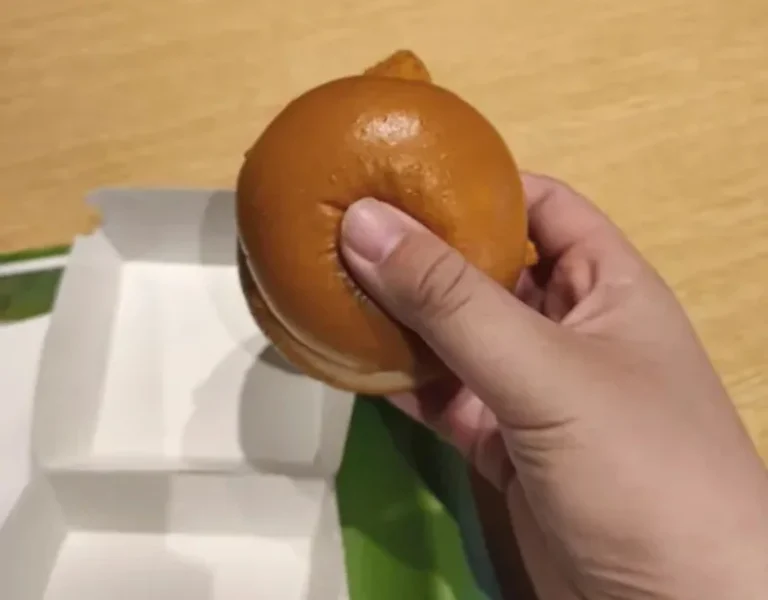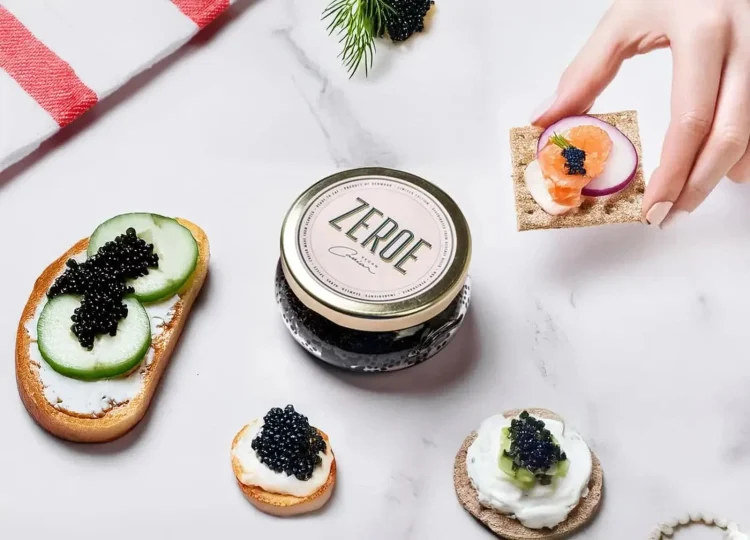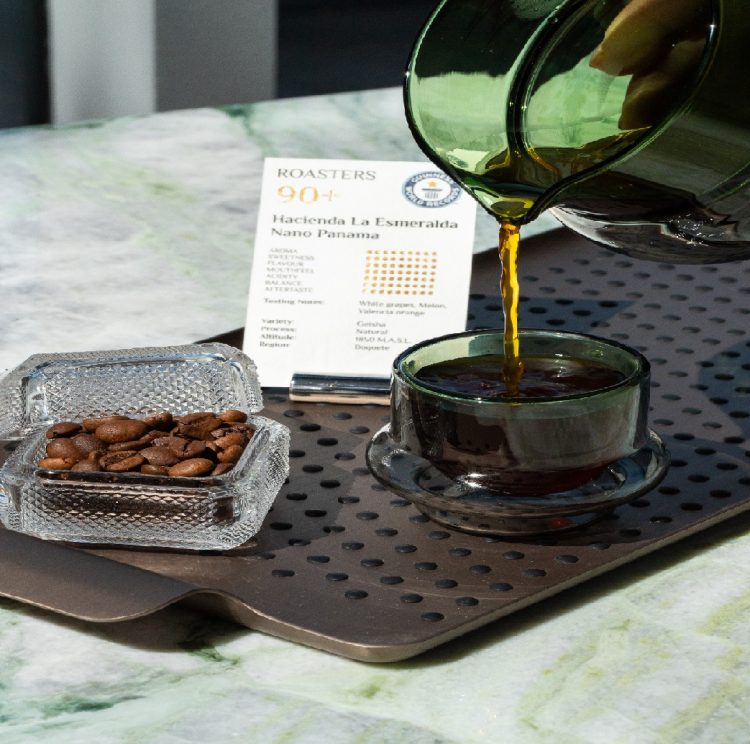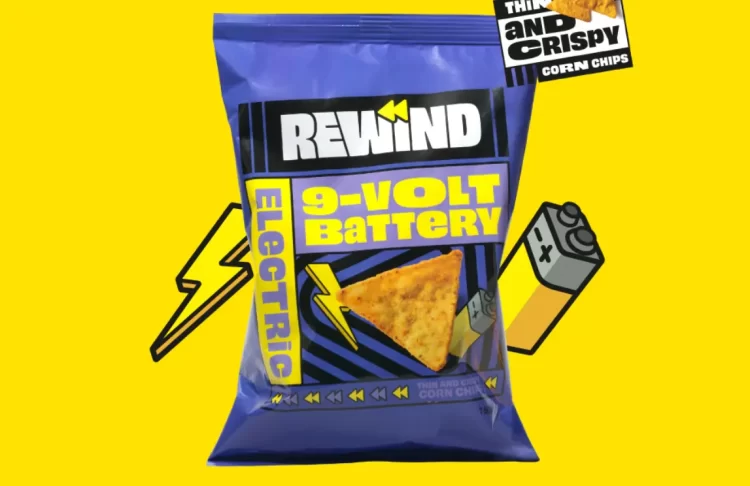Did you know electricity can alter the way we taste food? Proving this fact is a revolutionary electric fork designed by Japanese researchers that can make any dish taste salty, thus acting as a substitute for the popular seasoning.
According to Hiromi Nakamura, a Post Doc Research Fellow at Tokyo’s Meiji University, the technology can be very useful for people on special diets. Patients with low blood pressure, for instance, can easily go on a low-salt diet and still enjoy delicious food. And with the fork, there’s absolutely no risk of over-salting your food. Luckily, the voltage is so small that there is no risk of electrocution either.

Photo: YouTube caption
The idea of adding electricity to food was first revealed as an experiment at the Computer Human Interaction Conference in Austin, Texas, in 2012. Nakamura and her team connected a wire to a 9-volt battery and threaded it through a straw placed in a cup of sweet lemonade. Volunteers (who were asked to sign a waiver) reported that the charged lemonade tasted ‘blander’, because the electricity simulated the taste of salt.
Nakamura, along with professor Homei Miyashita, now call the idea ‘Augmented Gustation’ and have refined the technology to be able to transfer an electric charge to food through forks and chopsticks. “The metallic part of the fork is one electrode, and the handle is another,” Nakamura explained. “When you take a piece of food with the fork and put it in your mouth, you close the circuit. When you remove the fork from your mouth, you disconnect the circuit. So it actually works as a switch.”

Photo: YouTube caption
“The goal of our system is to obtain a new layer of tongue that can detect tastes that we could not perceive previously.”
Munchies host Simon Klose, who recently visited Nakamura to try out the fork himself, called this form of ‘food hacking’ one of the most profound eating experiences he’s ever had. “When I first heard of electric food it sounded scary,” he said, in a 15-minute documentary clip about the special technology. He later proceeded to use a charged fork to eat pieces of fried chicken, and found that the saltiness considerably increased as the electricity was dialed up.
“It’s so salty!” he says, after taking a bite. “This is cool. It’s almost sparking. It has a spicy fizziness. Like sparkling, carbonated chicken.”

Photo: YouTube caption
Nakamura explained that electric taste has actually been around for over 250 years – it was discovered by a man named Sulzer. “The starting point for Alessandro Volta to invent the battery was actually when Sulzer took two different metallic plates and put them on his tongue. He felt some kind of electric taste. And that’s how the battery was born.”
And she also happened to discovered the taste of electricity by accident. “I was researching if we could control computers with our tongue,” she said. “ I wondered how to send feedback that you could feel with your tongue. That’s when I started using electricity. One day I started adding electricity to food. But when I turned the electricity on, the taste changed.”

Photo: YouTube caption
She later realised that electricity didn’t have any taste cells of its own, and she was actually experiencing the effects of electricity on her own taste buds. “The basic tastes are sweet, salt, bitter, sour, and umami,” she said. “All of those tastes have taste cells on the tongue. Electricity stimulates the tastebuds, but we don’t know exactly how yet.”
Nakamura has been eating ‘electric’ food for the past three to four years, in an attempt to understand it better. “For me, food hacking is about augmenting or diminishing real food,” she said. “It may seem like we’re cooking but we’re actually working on the human senses. We are inventing devices to add electricity to the tongue. We’re trying to create virtual taste.”
For now, Nakamura is excited about the various possibilities of electric food, but she hasn’t thought about mass producing the fork for consumers yet. She’s currently toying with the idea of creating or designing electric flavors, just like you make music. “The music our ears hear through speakers and earphones is actually electricity that changes into sound and vibrations,” she explained.
“If we could send that electricity to this fork, we could actually taste the music directly on our tongues. Then you could upload the taste to YouTube or Soundcloud. That way we could create Tastecloud – a site where anyone could upload tastes. You could design tastes just like you edit sounds in music making software. Both chefs and musicians could upload and share tastes online.”
As Klose puts it, “social taste sharing” might just become the next big thing.
Sources: VICE Munchies, Improbable


